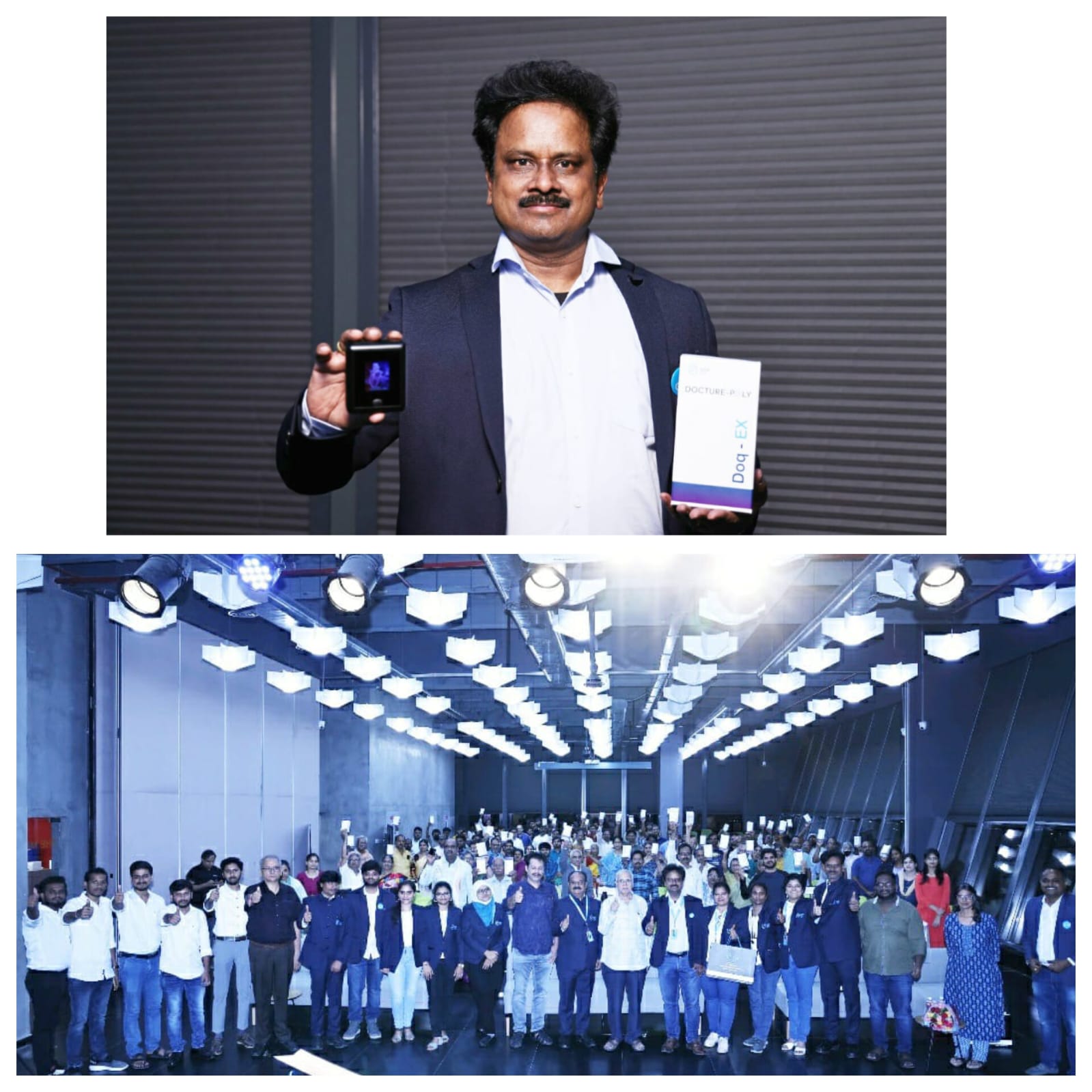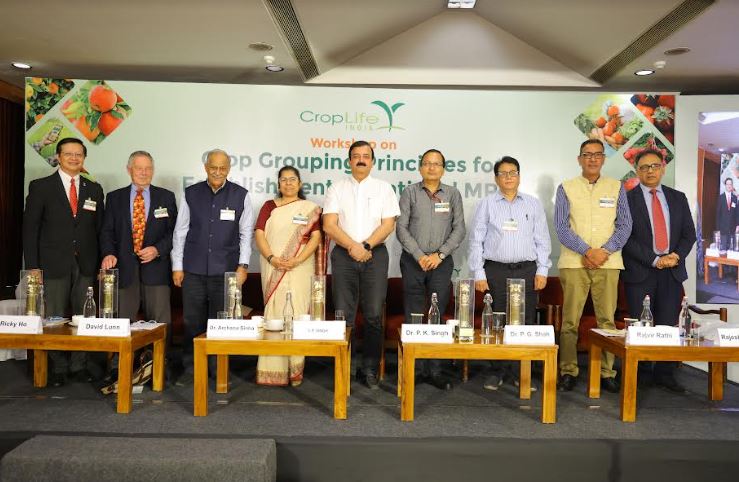Artificial intelligence: Google is testing a product called “Genesis,” which is a technology they developed, with publishers.
As per media analyst David Caswell, artificial intelligence is causing “a fundamental change in the news ecosystem” in the short term and is already upending journalism, according to AFP.
Speaking at a gathering of business executives in the Italian city of Perugia to address the most pressing issues affecting their industry, Caswell was formerly employed by Yahoo! and the innovation division of the British broadcaster, BBC News Labs.
How do you see the journalism of the future?
“We’re not sure. However, our goal is to comprehend every possibility—or as many as possible—that may exist. However, I believe that a few things are starting to become apparent. First, there’s a good chance that more material will be produced, originated, and sourced by machines. Thus, machines will gather more information for a great deal of journalism, produce more text, audio, and video, and create the kinds of consumption experiences that people have.
That is a fundamental shift in the news ecosystem specifically, as well as the information ecosystem as a whole. This is structurally distinct from the one we currently inhabit. We have no idea how long it will take; it may take two, four, or seven years. As there isn’t much friction, I believe it will go more quickly.
News devices, new technology, large sums of money for producers, and technical know-how are not necessities for the general public. Thanks to generative AI, everything that constituted a barrier in the earlier generation of AI is no longer so.
What are the latest developments underway in newsrooms?
“New technologies that facilitate AI workflow are one type of development; JP Politikens in Denmark, for instance, concentrated on increasing the effectiveness of their current products and operations. However, it also serves as a foundation for bringing their personnel, operations, and goods into this new AI world.
Google is testing a product called “Genesis,” which is a technology they developed, with publishers. Some publishers are creating their own. These utilities will be available in platform versions.
These are instruments that you bring with you to gather news; on the left side are your transcripts, PDFs, audio files, movies, etc. It facilitates tasks like analysis, summaries, script writing, and audio production. The tool is in charge of them.
The journalist’s responsibilities include organizing the tool, editing, and thorough content verification. Using the tool—like an editorial manager for an AI tool—becomes the job.
In theory, it functions. However, that’s not the same as using it day in and day out, month in and month out, in a newsroom within a vast business. The key question is: will it be eagerly embraced and utilized in a way that ultimately yields little productivity, or will it significantly increase journalistic production?”
What is the cost?
“In the last decade, it was very expensive. It was very difficult: You needed the data, you had to build a data warehouse, have an enterprise deal with Amazon or Google Cloud, you had to hire data scientists, to have a team of data engineers. it was a major investment. Only the BBC, the New York Times, and this level of organizations could afford it.
That’s not true with generative AI. You can run news workflow through interfaces that you pay 20 dollars a month. You don’t need to be a coder. All you need is motivation, enthusiasm, and curiosity.
There are lots of people in news organizations who would not have been involved in AI in the past because they did not have the technical background and now they can just use it. It’s a much more open form of AI: both smaller newsrooms can do a lot with, and more junior individuals in more established newsrooms can do a lot with. I think it’s a good thing, but it’s also a disruptive thing. Often the internal politics in newsrooms are disrupted by that”.
At what stage of AI are we?
“AI has been around since the 1950s. But AI for practical purposes appeared with ChatGPT. It’s going to be quite a while — years — before we understand how to use them for valuable things. There are so many things that you can do with them.
The risk to journalism is that other organizations, start-ups, and tech companies will do things in the news faster than the news world itself. Lots of start-ups have no editorial component at all. They are swiping the content of news organizations, some are covering niches: they are monitoring press releases, social media channels, PDF from reports”.
What are the risks?
“Journalism has not been doing well for the last 10 or 15 years, there hasn’t been a credible vision of the future for how this is going to play out just in the social media world. What AI does (is) it gives news organizations a chance to change that situation, to participate in a new ecosystem. It’s good to be optimistic, get engaged, explore, have projects, and experiments, and maybe change your mindset, that’s positive.
As Jelani Cobb, Dean of Columbia School of Journalism, says: ‘ AI is the unignorable force that journalism will have to organize itself around’. It’s not going to adapt itself to journalism.

















Reader Interactions